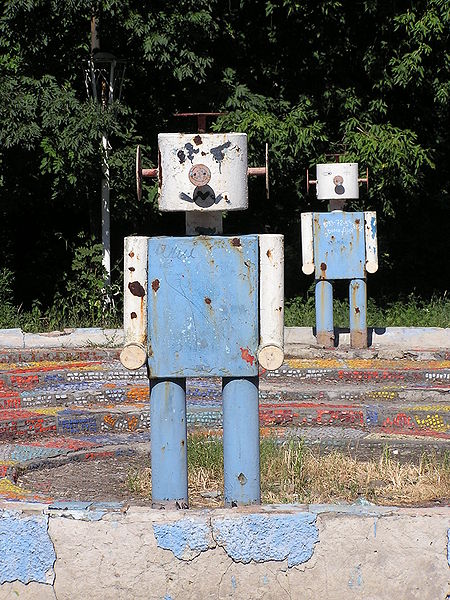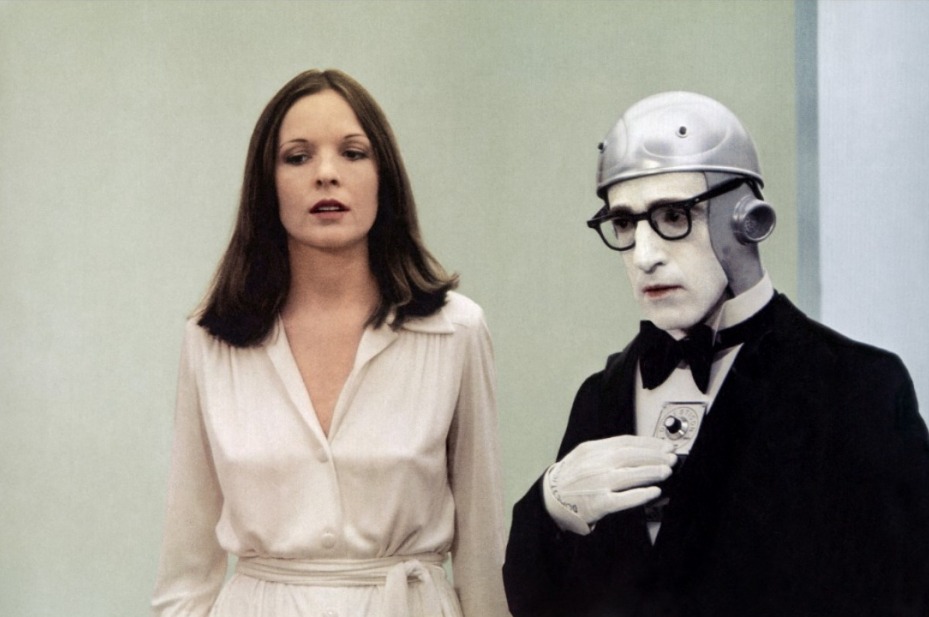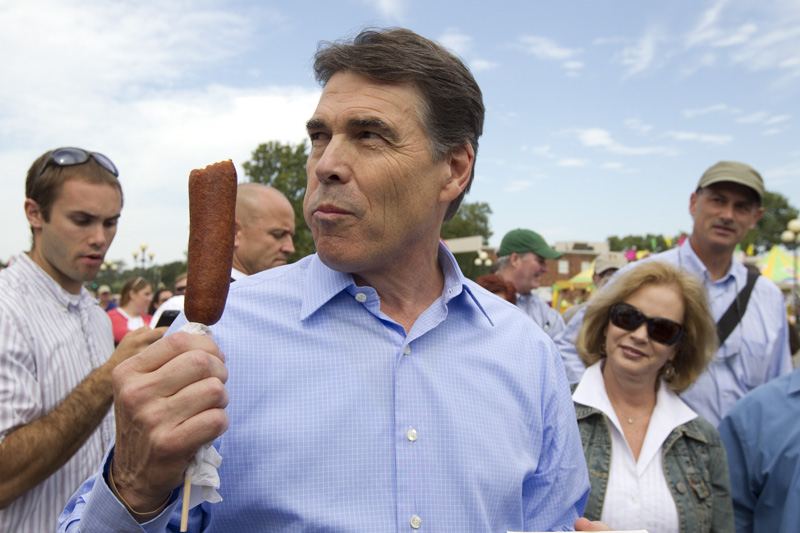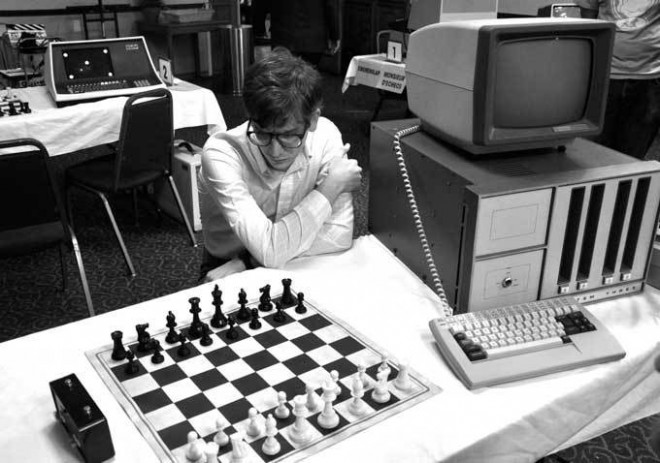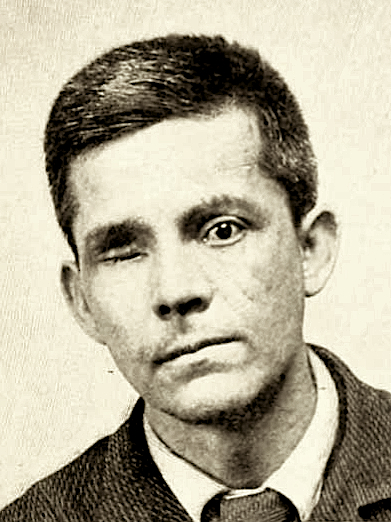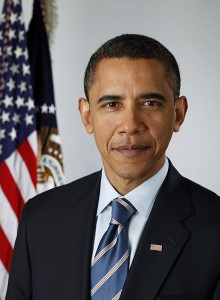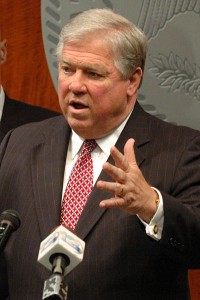Here, in no particular order, are this year’s 20 selections. These pieces, which made me think or reconsider my opinions or just delighted me, are limited to ungated material that’s only a click away. (I included work from publications such as the New York Times which allow a certain amount of free articles per month.)
- “The Reality Show” (Mike Jay, Aeon) Brilliant essay that points out that the manifestations of mental illness are heavily influenced by the prevailing culture. In our case: ubiquitous technology.
- “Invisible Child–Girl in the Shadows: Dasani’s Homeless Life“ (Andrea Elliott, New York Times) A tale of two cities in present-day New York told through the story of a talented grade-school girl trying to make it through the hard knocks of class divisions. What’s expressed tacitly is that if the best and brightest homeless children only have a so-so shot at success, those less gifted have almost none.
- “The Robots Are Here” (Tyler Cowen, Politico Magazine): The best distillation yet of the economist’s ideas about where the technological disruption will lead us as a society. I’m not completely on board with his forecasting, but this article is smart and provocative.
- “In Conversation: Antonin Scalia” (Jennifer Senior, New York) Amazing interview with the Supreme Court Justice which reveals him to a stunning, and frightening, extent.
- “Return of the Oppressed“ (Peter Turchin, Aeon) The father of Cliodynanics forecasts a dark future for humanity thanks to spiraling wealth inequality.
- “There Are Now Two Americas. My Country Is a Horror Show.” (David Simon, The Guardian) In an article adapted from an impassioned speech, the humanist TV creator levels the way we live now, in a time when many with money think that corporations are people.
- “Omens“ (Ross Andersen, Aeon) With a focus on philosopher Nick Bostrom, the writer wonders whether humans will survive into the deep future.
- “Thanksgiving in Mongolia” (Ariel Levy, The New Yorker) Heartrending story of a reporter’s loss in a far-flung place is personal journalism at its finest.
- “Blockbuster Video: 1985-2013” (Alex Pappademas, Grantland): A master of the postmortem lays to rest not a person but a way of life which is disappearing brick by brick and mortar by mortar.
- “The Corporate Mystique” (Judith Shulevitz, The New Republic) A reminder that a female CEO is not a replacement for a women’s movement.
- “The Global Swarm” (P.W. Singer, Foreign Policy) The author considers privacy as drones get smaller, smarter and seemingly unstoppable.
- “The Master” (Marc Fisher, The New Yorker) A profile of a predatory teacher is most interesting as an extreme psychological portrait of the cult mentality.
- “The Professor, the Bikini Model and the Suitcase Full of Trouble” (Maxine Swann, New York Times Magazine) Twisty tale of a lonely physicist lured by longing into a web of crime.
- “A Practical Utopian’s Guide to the Coming Collapse“ (David Graeber, The Baffler) The anthropologist and activist opines on conventional wisdom, the status quo and revolutions.
- “Why the World Faces Climate Chaos” (Martin Wolf, Financial Times) An attempt to understand why we cling to systems that doom us, that could make us the new dinosaurs.
- “The Hollywood Fast Life of Stalker Sarah” (Molly Knight, New York Times Magazine) Thoughtful article about celebrity in our age of decentralized media, in which fame has entered its long-tail phase, seemingly available to everyone and worth less than ever.
- “Connecting the Dots, Missing the Story” (Evgeny Morozov, Slate) An argument that Big Data’s predictive abilities obscure underlying meanings.
- “Academy Fight Song” (Thomas Frank, The Baffler) The author plays the role of designated mourner for common sense in U.S. higher education, which costs more now and returns less.
- “The Wastefulness of Automation” (Frances Coppola, Pieria) A smart consideration of the disconnect of free-market societies that are also highly automated ones.
- “The Persisting Vision: Reading the Language of Cinema” (Martin Scorsese, New York Review of Books) The filmmaker’s essay about his enduring love affair with cinema points out that we need to redefine the meaning of literacy.


